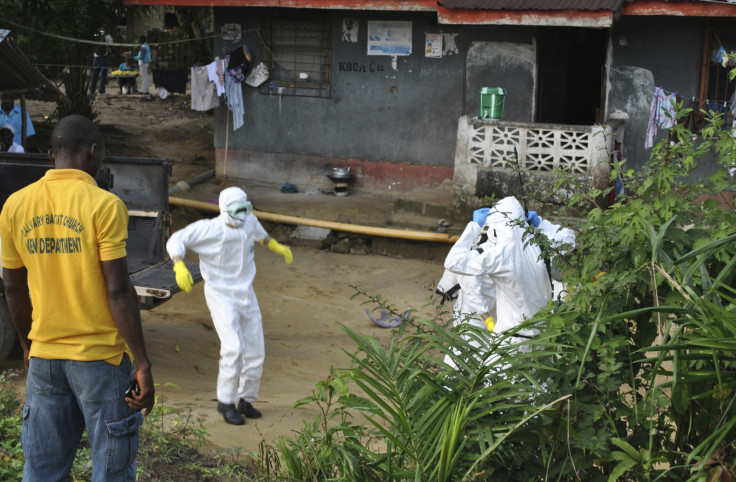Ebola: Liberia Situation Improving As Sierra Leone Sees New Cases

Liberia continues to report a slowdown in Ebola cases, according to the World Health Organization.
However, the disease continues its relentless march in Sierra Leone with many new cases, reports CBC News.
The situation is stable in Guinea, said WHO.
Over the past 21 days which is the average incubation period of the virus, the three countries have reported 1,828 Ebola cases of which 64% were in Sierra Leone; Liberia reported 22% and Guinea 14%.
For the second week running, the cumulative death toll has been revised downwards by WHO with 440 fewer deaths reported in Sierra Leone than recorded last Friday, but 284 deaths added to Liberia's tally and 23 to Guinea's.
Over 5,000 lives have been claimed by the disease.
Last week, WHO had sounded out on a drop in Ebola cases in Liberia but cautioned against undue optimism.
Sierra Leone's health care system was already poor before the Ebola epidemic with hardly two doctors for every 100,000 people in 2010, compared to about 240 doctors for the same number of people in the United States, according to WHO.
Obama Seeks $6bn
Meanwhile, US President Barack Obama sought $6bn from Congress to fight Ebola both in the United States and in West Africa, reports NBC News.
The US has already deployed nearly 2,000 personnel from military and health centres, but there is ever more need for health personnel and facilities in Africa. There are currently just 326 treatment beds in Sierra Leone.
According to WHO, around 546 healthcare workers have been infected with Ebola and 310 of them have died so far.
The UK government has built the Kerry Town complex with an 80-bed treatment centre to be managed by Save the Children and a 12- bed centre staffed by British Army medics specifically for health care workers and international staff responding to the Ebola crisis
© Copyright IBTimes 2025. All rights reserved.





















